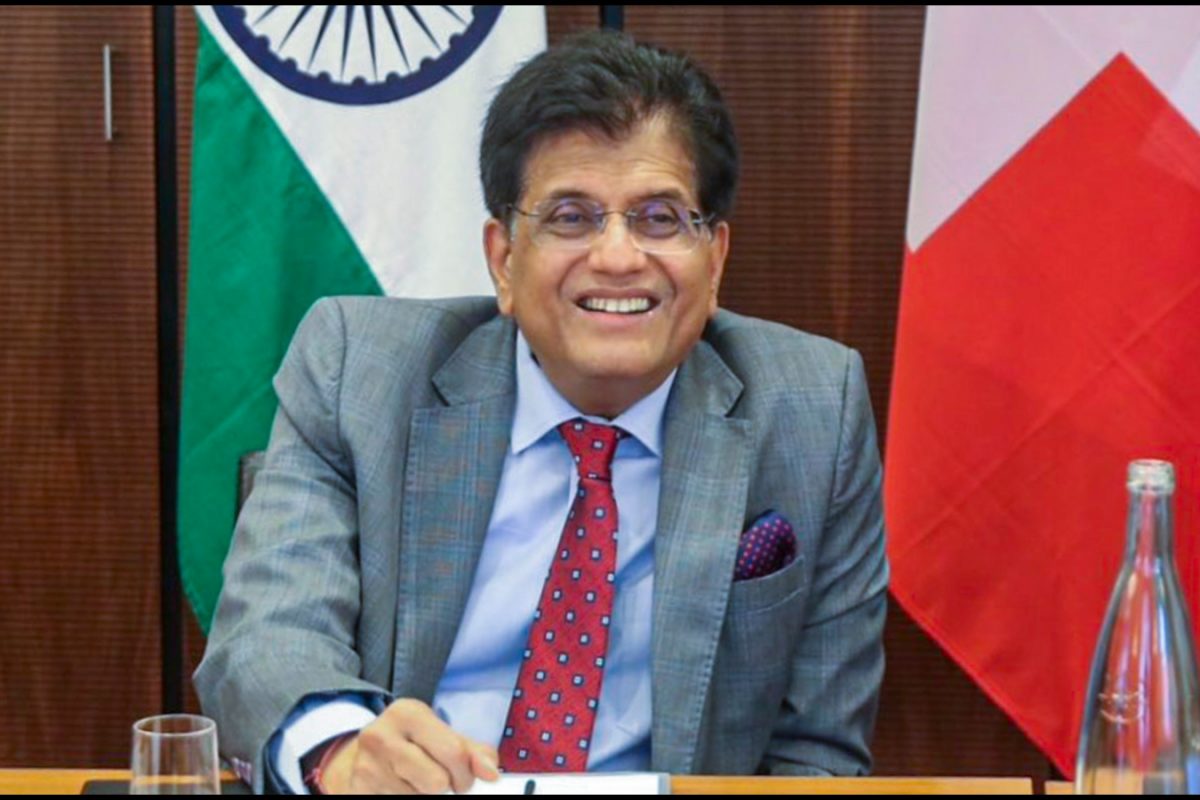The recently signed India-UK Free Trade Agreement (FTA) is being hailed as a "game-changer" that promises to deliver substantial benefits across various sectors of the Indian economy. Union Commerce and Industry Minister Piyush Goyal has lauded the agreement, emphasizing its potential to boost jobs, exports, and overall national growth for both nations.
Signed on July 24, 2025, the India-UK FTA, officially known as the Comprehensive Economic Trade Agreement (CETA), marks a significant milestone in India's economic engagement with major developed economies. It is India's first major FTA in over a decade and the UK's fourth since its exit from the European Union in 2020. The agreement reflects a shared commitment to strengthening economic integration and is expected to double the bilateral trade between the two countries to $120 billion by 2030.
Key Highlights and Benefits:
- Duty-Free Access: A central feature of the FTA is the provision for duty-free access to the UK market for 99% of Indian exports. This will benefit labour-intensive sectors such as textiles, leather, marine products, engineering goods, chemicals, footwear, toys, sports goods, and gems and jewellery. Tariffs on processed foods will drop from 70% to zero, and products like tea, coffee, spices, rubber, and plastics will gain free access.
- Boost to Agriculture: The FTA is expected to provide a significant boost to India's rural economy by granting duty-free access to over 95% of tariff lines for agricultural products. This includes fruits, vegetables, pulses, spices, pickles, jackfruit, millets, and organic herbs. Agri-exports could rise by 20% in 3 years, aiding India's $100 billion agri-export target by 2030.
- Marine Products Opportunity: The elimination of tariffs on marine products like shrimp, tuna, and fishmeal presents a $5.4 billion opportunity for India.
- Enhanced Market Access for the UK: The FTA ensures that 90% of tariff lines will be reduced for British exports to India, with 85% becoming zero-duty within 10 years. This will benefit sectors such as beverages, automotive, medical devices, and advanced manufacturing.
- Services and Professionals: The agreement opens up 36 service sectors and grants easier mobility, social security exemption, and new work visa opportunities in the UK. Indian professionals can work in as many as 35 UK sectors for up to 2 years, even without a local office. Over 1,800 chefs, yoga experts, and musicians will be allowed to work in the UK annually.
- Strategic Advantages: Beyond reducing tariffs, the FTA facilitates smoother customs processes, enhances mobility, and creates new opportunities in government procurement and digital trade. Both countries have committed to transparent and efficient customs procedures, including simplified processes for qualified traders and support for digital trade.
- Double Contribution Convention (DCC): A key part of the deal is the introduction of the DCC, which is expected to help Indian professionals working in the UK by reducing their social security burden. It will exempt Indian workers and their employers from social security contributions in the UK for up to three years.
Impact on Specific Sectors:
- Textiles: The FTA is set to boost India's textile sector by granting duty-free access to the UK market for 99% of its exports, encompassing over 1,143 crucial textile and clothing items.
- Automobiles: Tariffs on imports of internal combustion engine (ICE) cars will be slashed to 30-50% in the first year of implementation, with the benefit limited to a quota of 20,000 cars. After 15 years, they will become 10%, with the quota set at 15,000 units. For more expensive zero-emission cars (above £80,000), duties will start at 40% with a quota of 4,000 units, which from the fifteenth year will become 10% and 20,000 respectively.
- Luxury Goods: Luxury cars made in the United Kingdom will become cheaper in India, with the FTA introducing tariff-rate quotas (TRQ) for passenger cars and trucks.
- Whiskey and Gin: India's tariff on whiskey and gin from the U.K. will fall from 150% to 75% immediately and reach 40% from year 10.
While the FTA is largely viewed positively, there are some concerns. The FTA could pose a public health challenge for India by allowing tariff-free entry for U.K.-made food products such as biscuits, chocolates and soft drinks, many of which would fit into the categorisation of High Fat, Sugar and Salt (HFSS).
Overall, the India-UK FTA is expected to create a more balanced and strong economic relationship between the two countries. It is designed to promote ease of doing business, reduce the cost of doing business, and increase confidence in doing business. The FTA is a stepping stone towards India's dream of becoming a developed nation and is projected to boost the UK economy by £4.8 billion annually by 2040.

